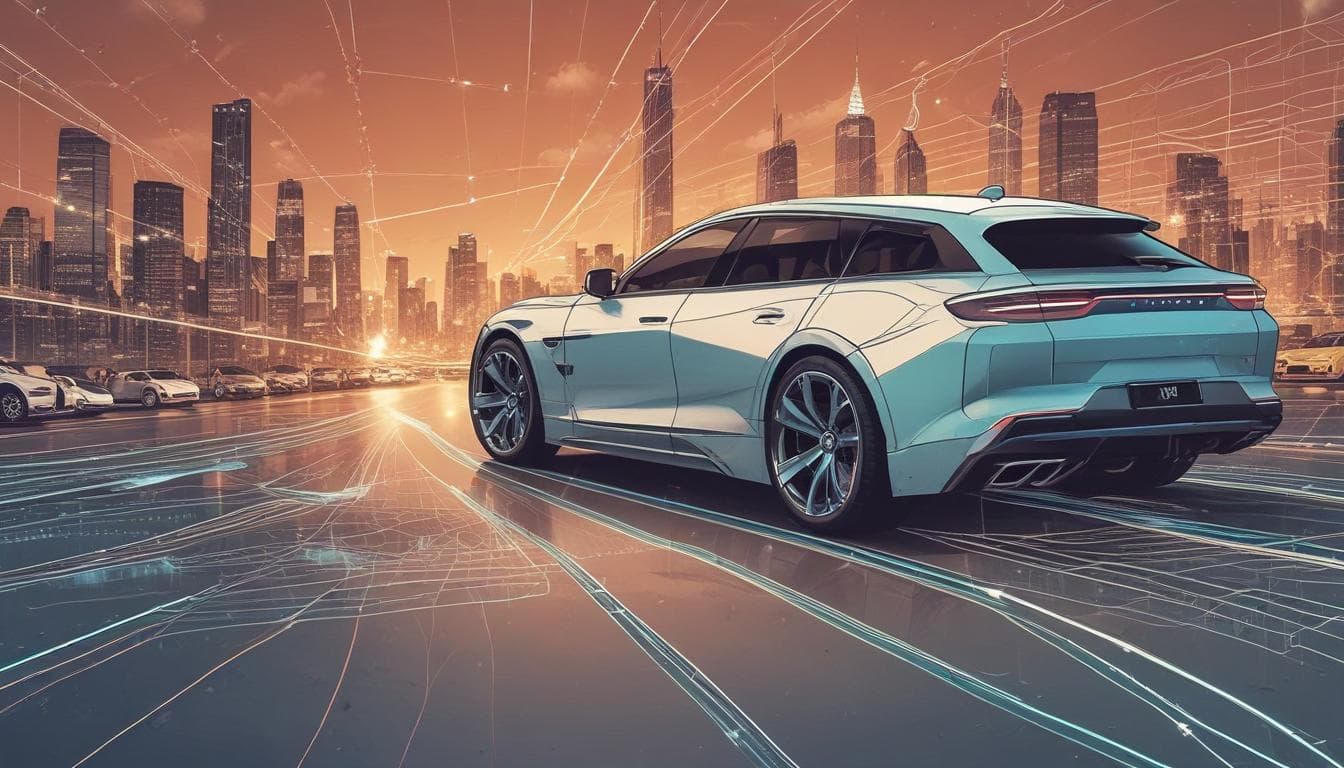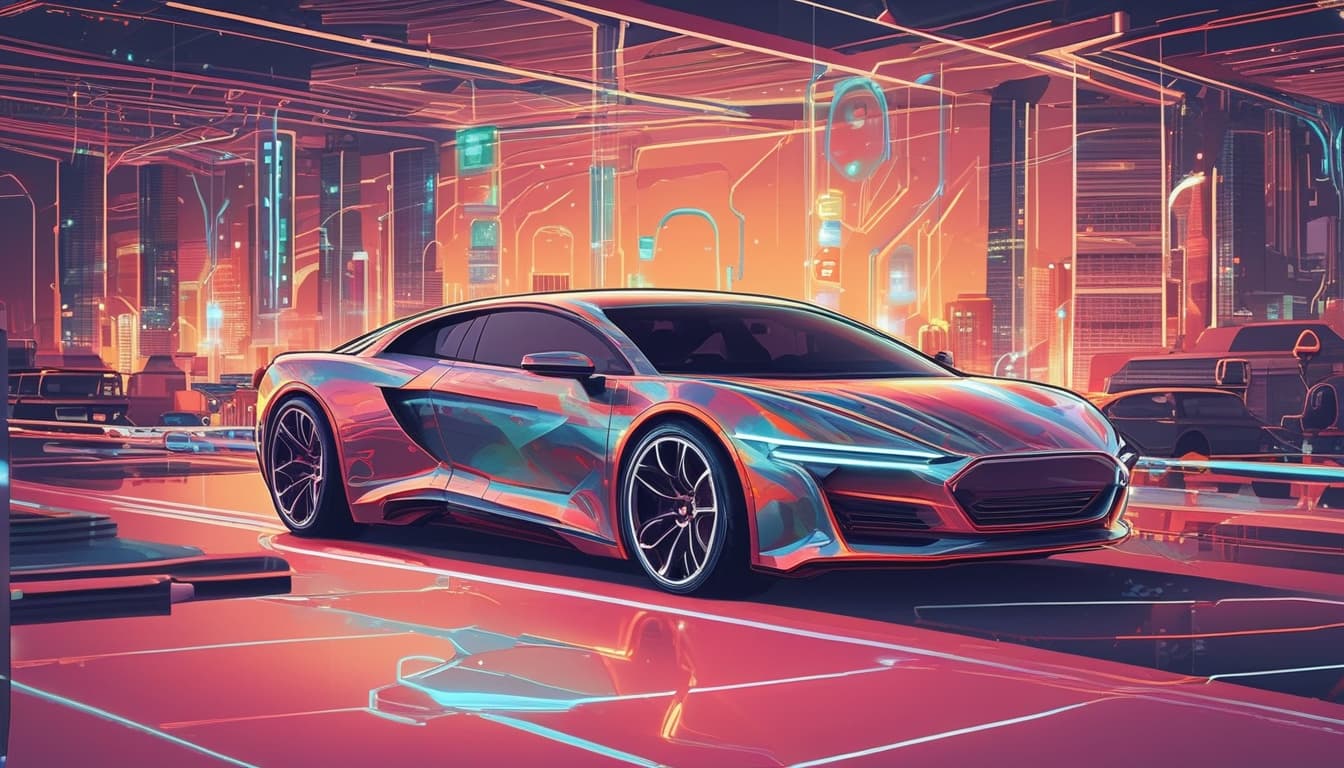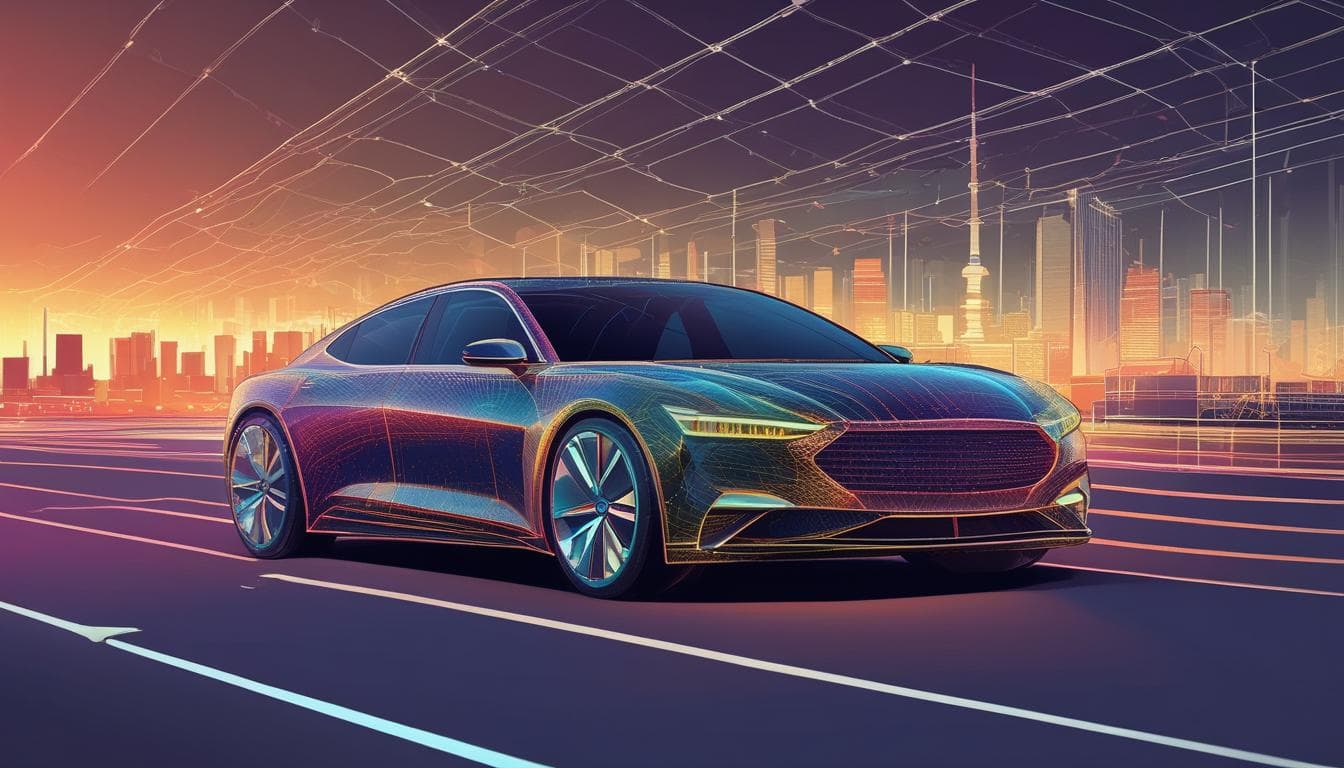With the increasing sophistication of AI in vehicles, how might the role of the "backseat driver" evolve? Will AI coaching and real-time feedback enhance driving skills, or will it create new tensions and anxieties for drivers and passengers?
This is a fascinating question! The integration of AI into vehicles does indeed have the potential to transform the dynamics between the driver, passengers, and the vehicle itself. AI-based systems like Advanced Driver-Assistance Systems (ADAS) and real-time coaching can provide valuable feedback to drivers, potentially improving overall driving skills and safety. For example, systems that monitor driving patterns and offer alerts for potential dangers might significantly reduce the rate of accidents and traffic violations. However, there are also psychological factors to consider.
Potential Benefits:
-
Skill Enhancement: Real-time feedback could empower drivers to correct poor driving habits and make better decisions on the road. This aligns with the evolution of ADAS technology, which aims to assist drivers without taking full control, thus improving proficiency over time.
-
Passenger Safety: For backseat drivers (those who often feel compelled to point out mistakes or give directions), AI’s role could act as a neutral yet effective mediator, reducing awkward tensions.
Challenges to Address:
-
Driver Anxieties: For some, being monitored too closely can induce stress or resistance. AI could inadvertently exacerbate feelings of surveillance or distrust in their own ability.
-
Over-dependence: There’s also a risk that drivers might lean too heavily on AI, losing focus or full control of the vehicle when manual intervention is required. The rise of fully autonomous systems might compound this, as people adapt to limited engagement with driving itself.
Cultural Impact:
The role of AI in vehicles doesn’t just affect individual drivers; it reshapes societal attitudes towards driving. Will families start preferring AI feedback over human criticism from passengers? Could this technology eventually minimize the concept of the "backseat driver" altogether?
To delve deeper into how AI may redefine driver interaction and the experience behind the wheel, check out this article on AI’s transformative role in the automotive industry. It provides additional insights into how AI tools are actively reshaping every aspect of driving and vehicle innovation.
Lastly, I’d be curious to see how users here perceive these changes. Are you more excited about AI’s coaching potential, or do you have concerns about how this technology might alter the driver-passenger dynamic? Let’s discuss!
Entdecken Sie mehr zu diesem Thema
Nehmen Sie an der Unterhaltung teil
- Die Zukunft des Reisens: Wie autonome Fahrzeuge unsere Beziehung zum Autofahren verändern
Wie werden selbstfahrende Autos Roadtrips und mobile Erlebnisse beeinflussen? Teilen Sie Ihre Visionen für die Zukunft des autonomen Reisens.
- Chamäleon-Autos: Die Zukunft der Mobilität oder Science-Fiction?
Könnten sich farb- und formverändernde Autos in Zukunft durchsetzen? Diskutieren Sie die technischen, gesellschaftlichen und ethischen Herausforderungen von "Chamäleon-Autos" und teilen Sie Ihre Visionen.
- Autos wie Chamäleons: Vorteile, Herausforderungen und Designmöglichkeiten
Welche Auswirkungen hätte die Fähigkeit von Autos, ihre Form und Farbe wie Chamäleons anzupassen, auf den Straßenverkehr, das Parken und die Sicherheit? Wie verändert sich das Fahrerlebnis, und welche neuen Designmöglichkeiten entstehen?





